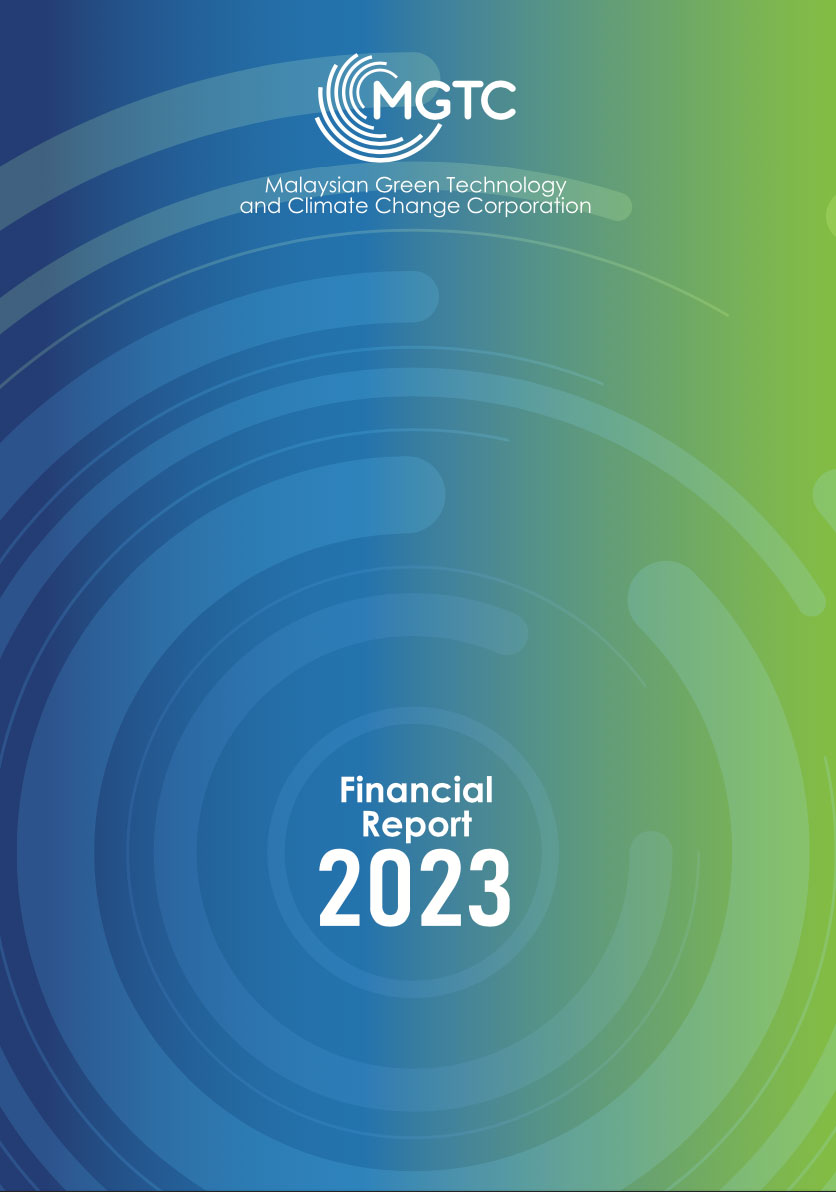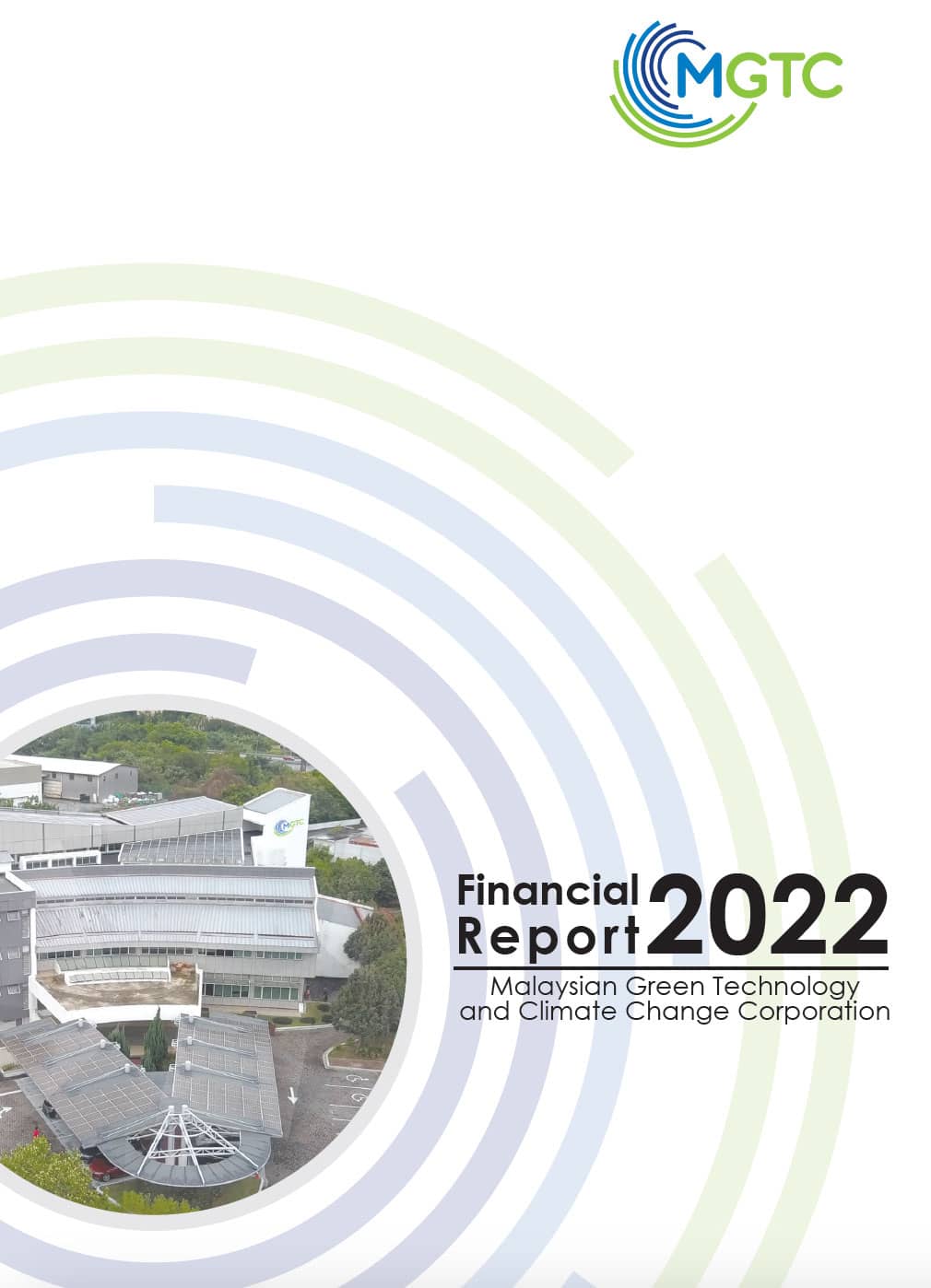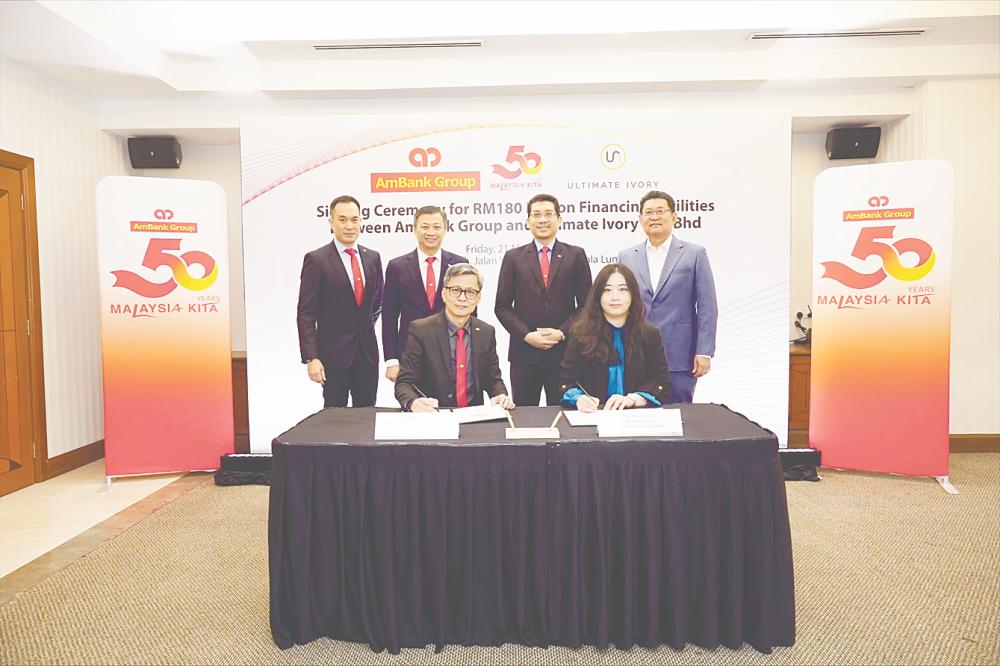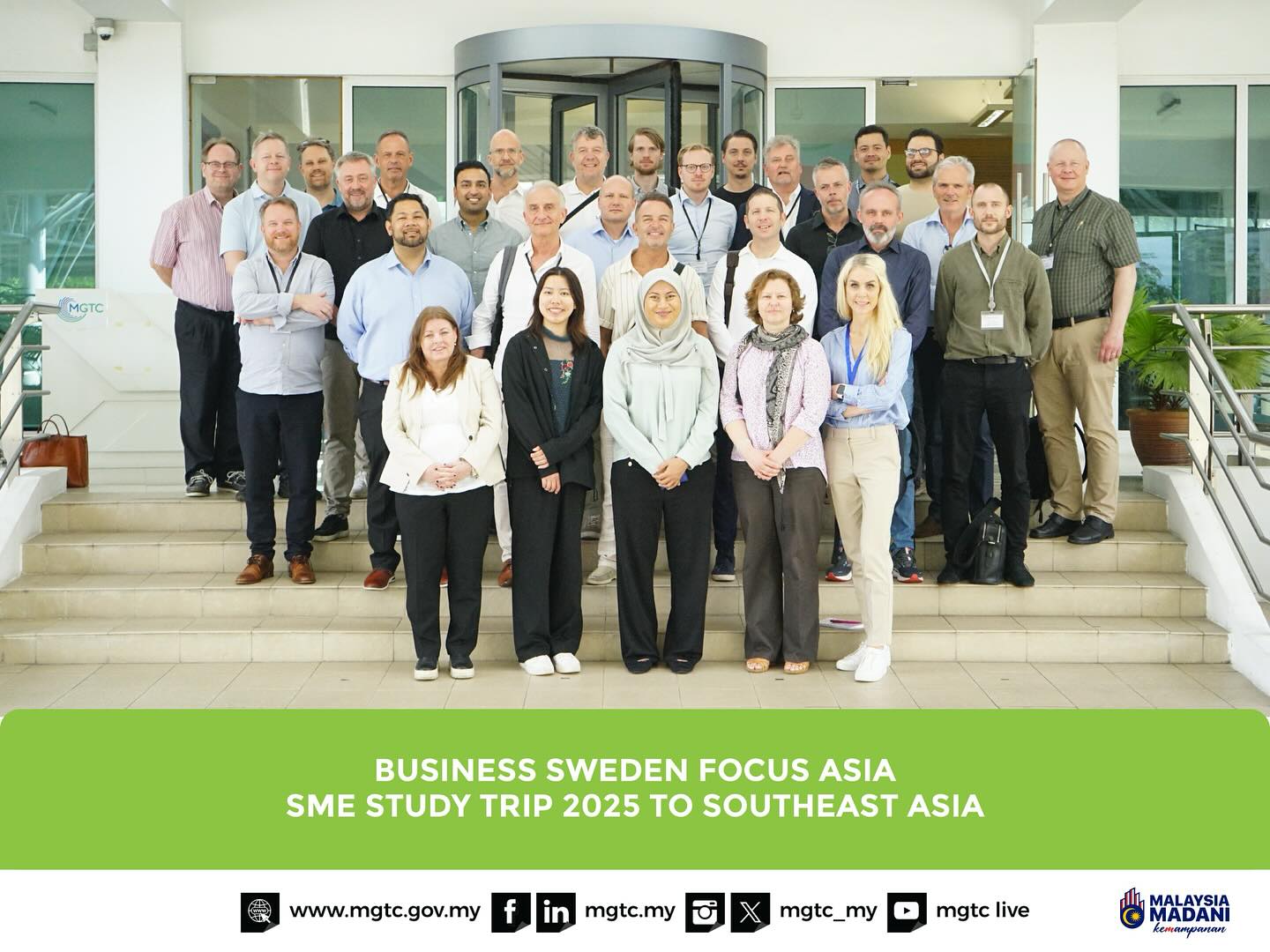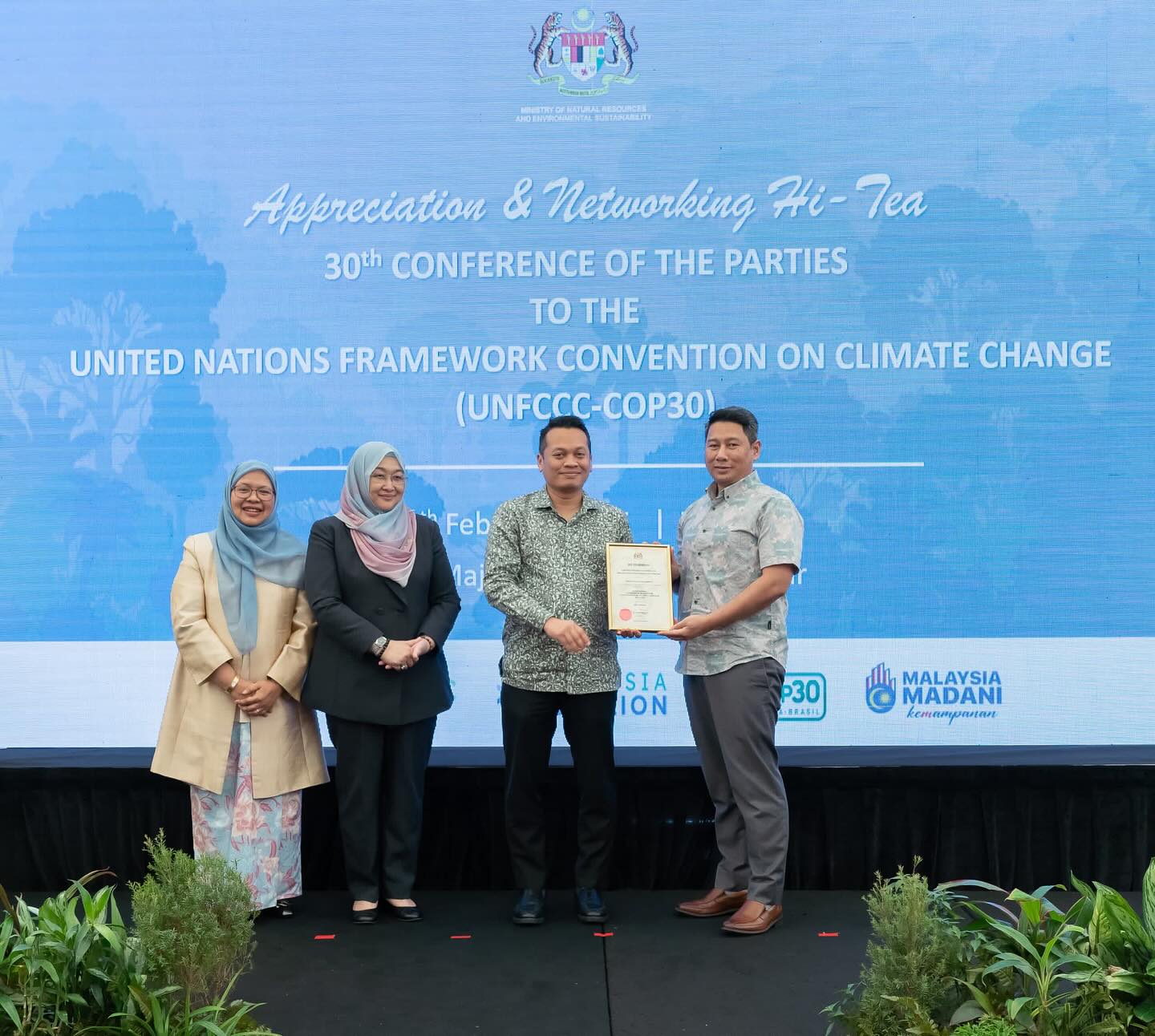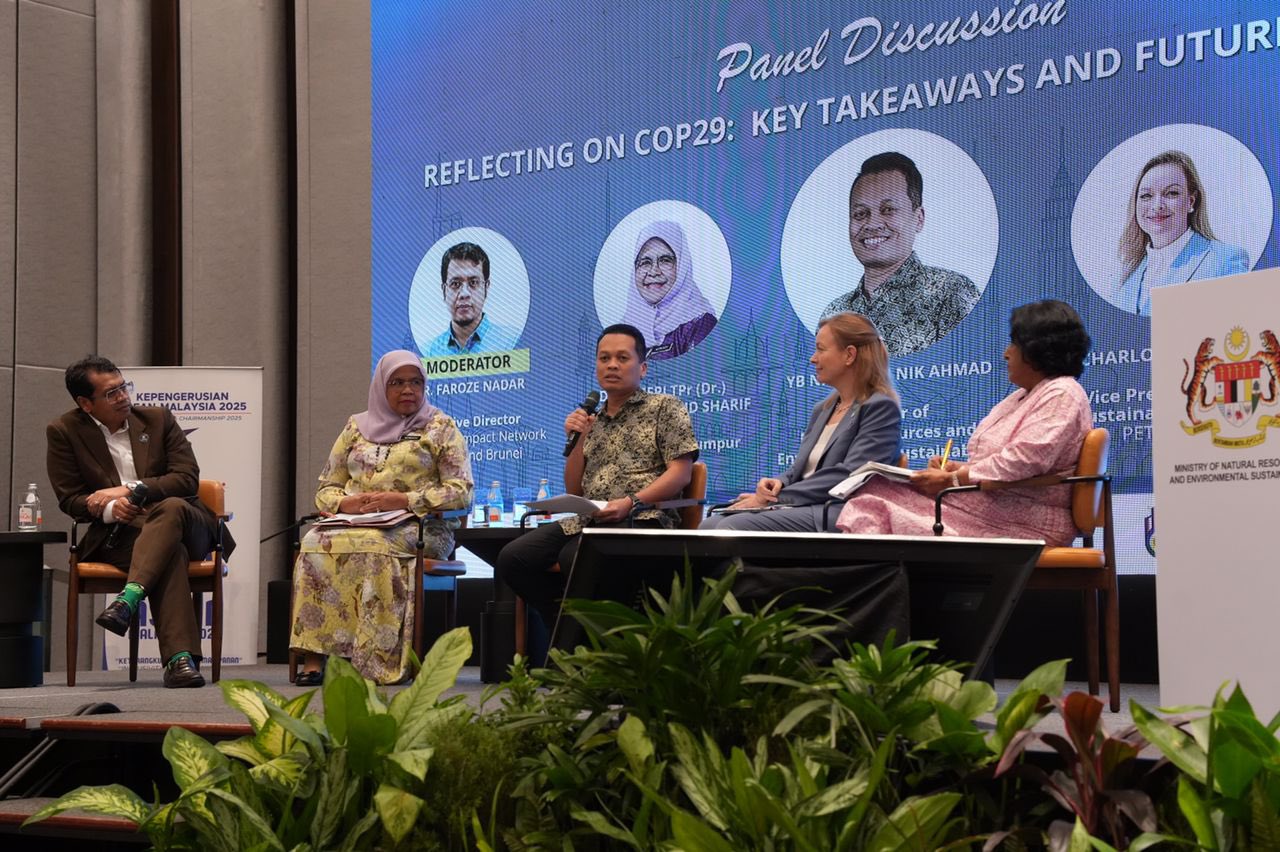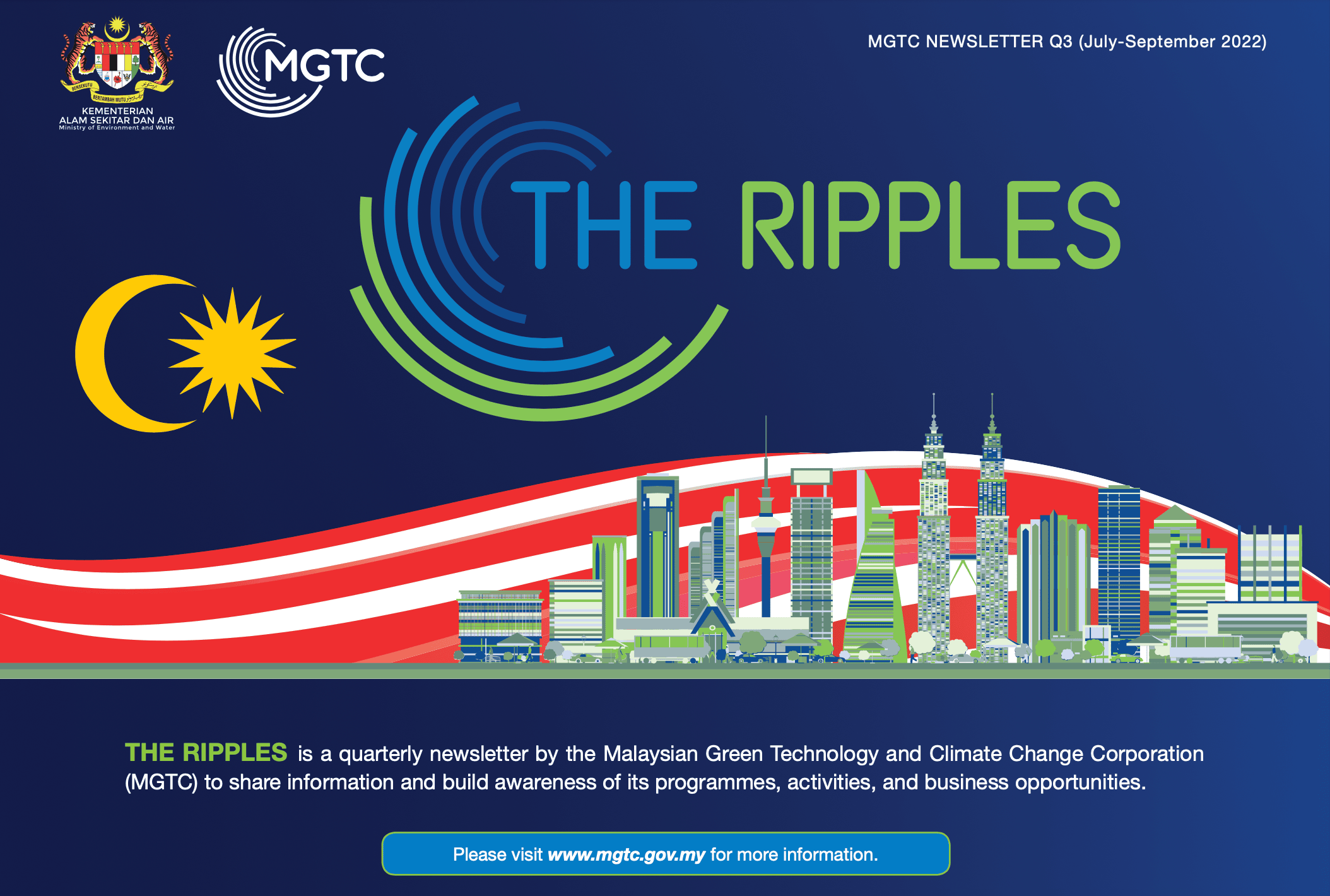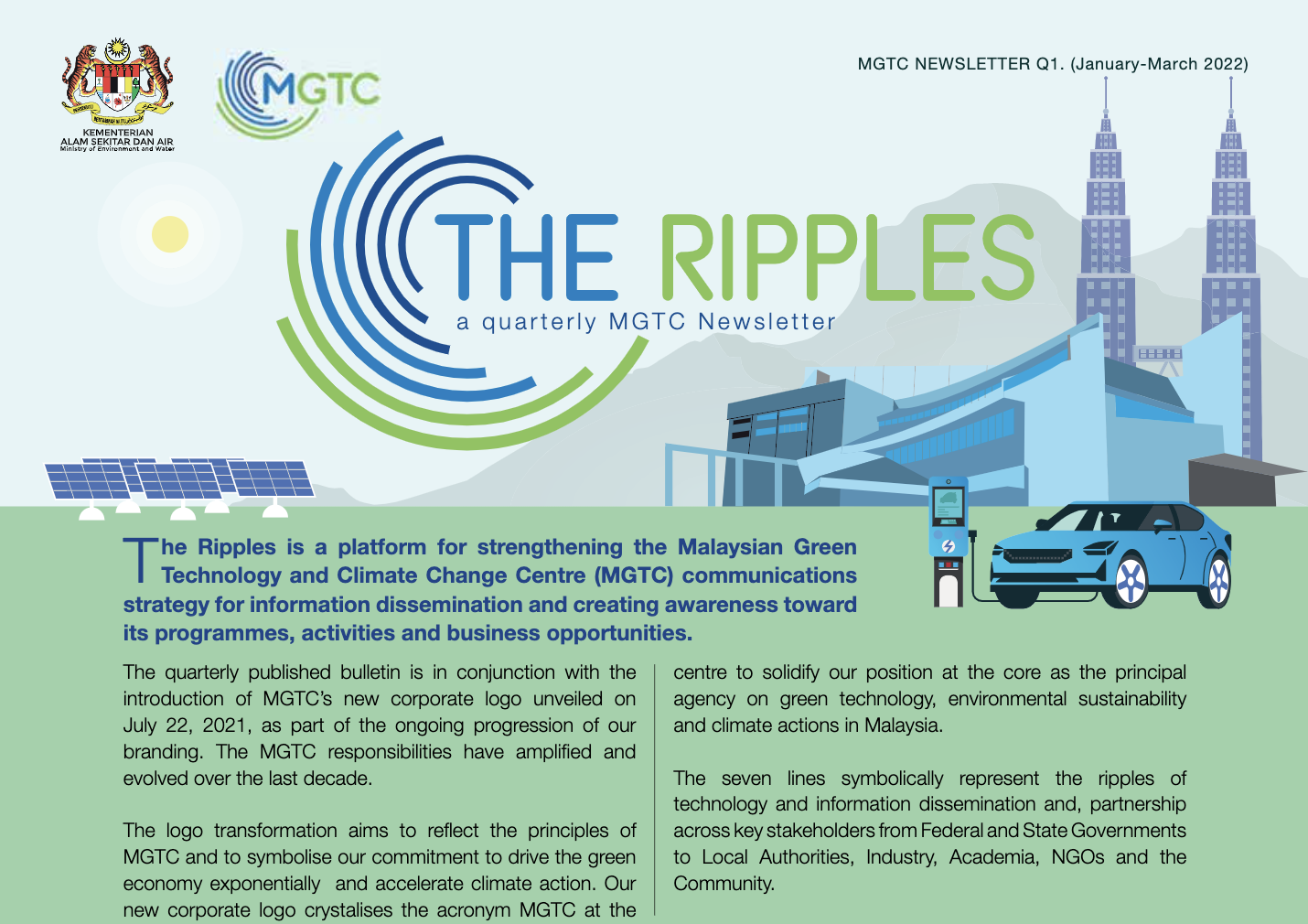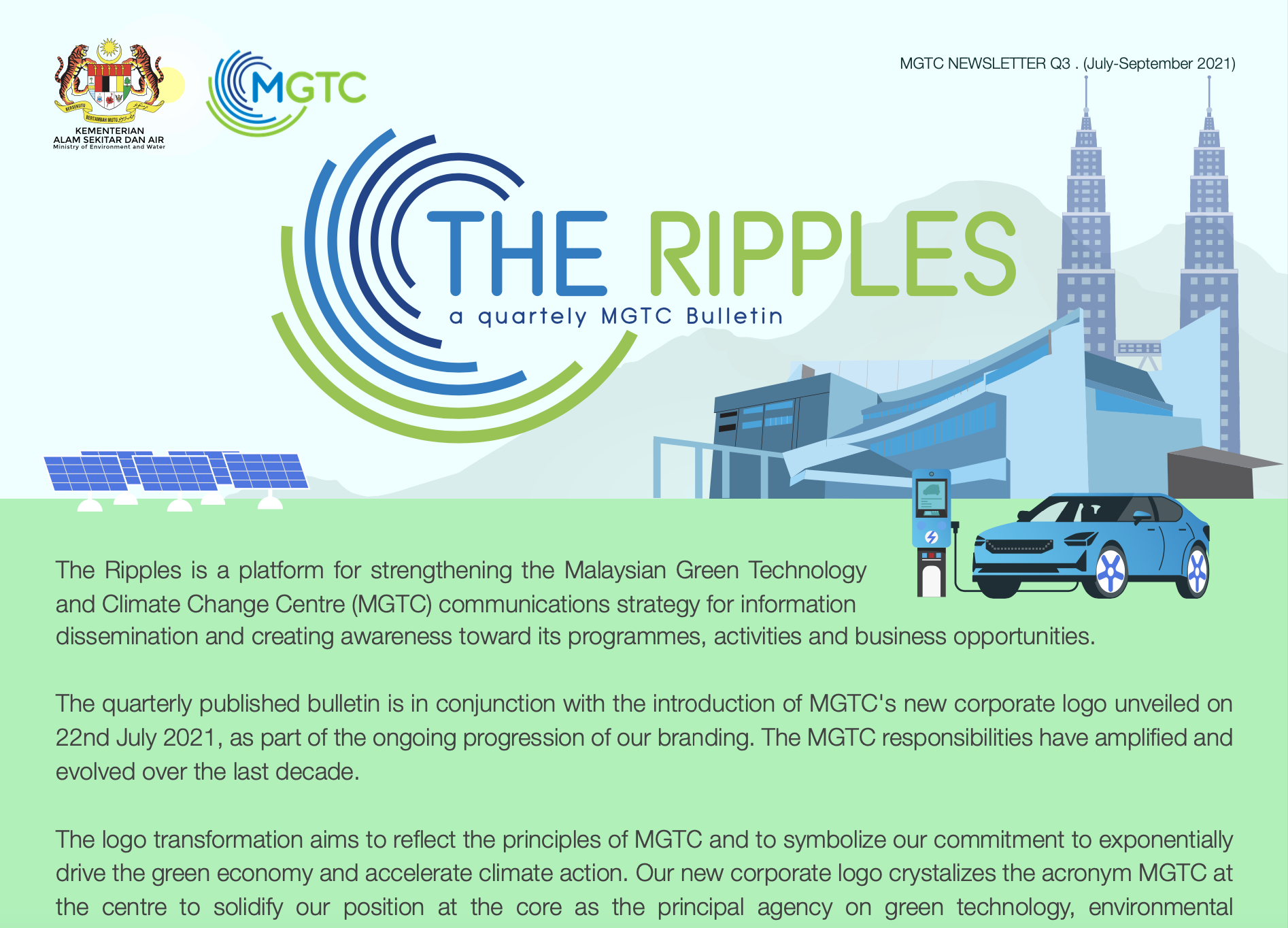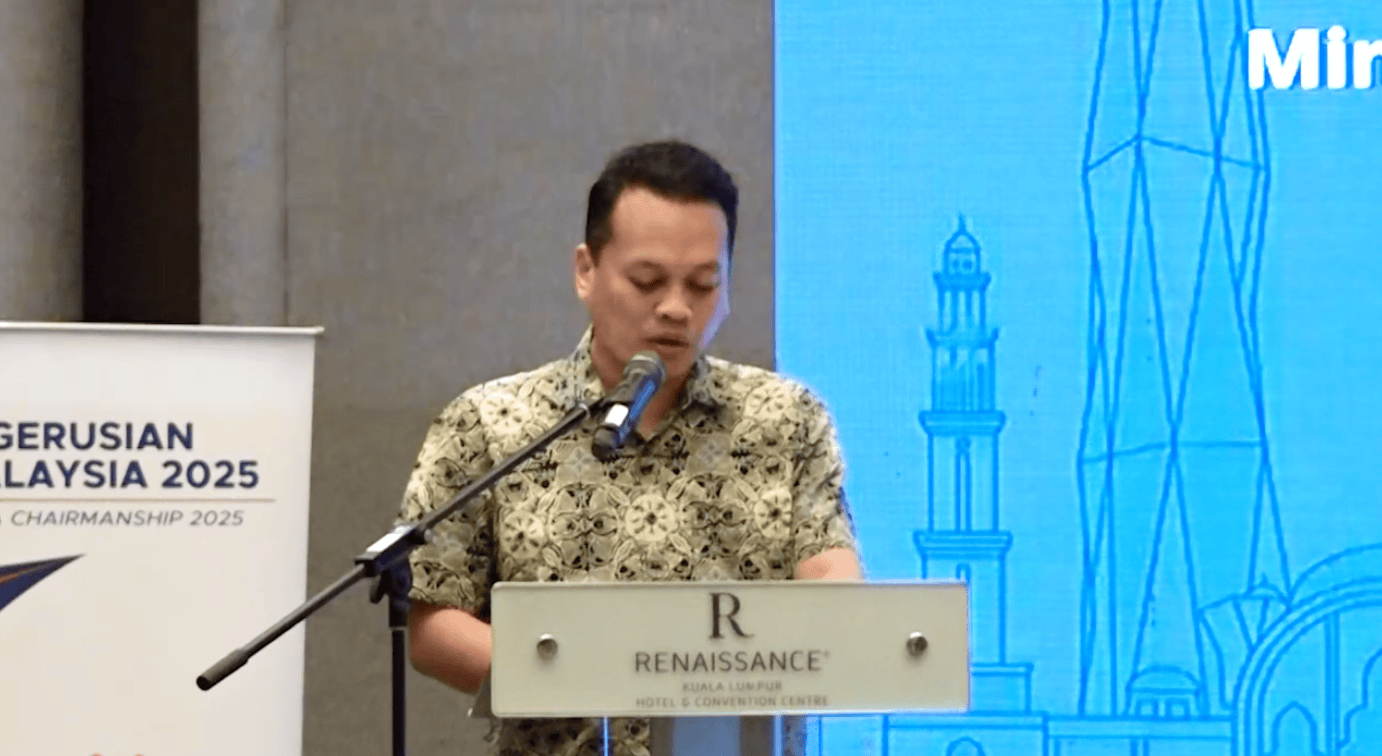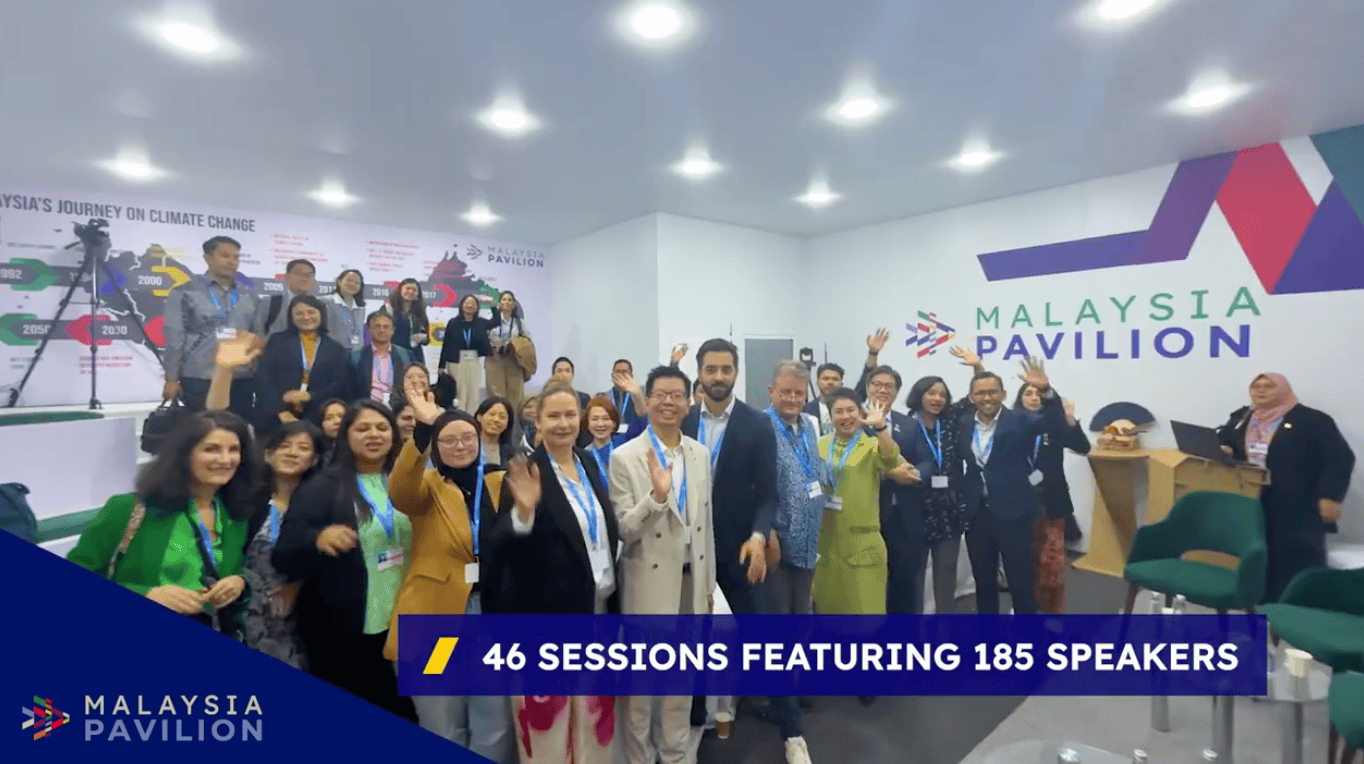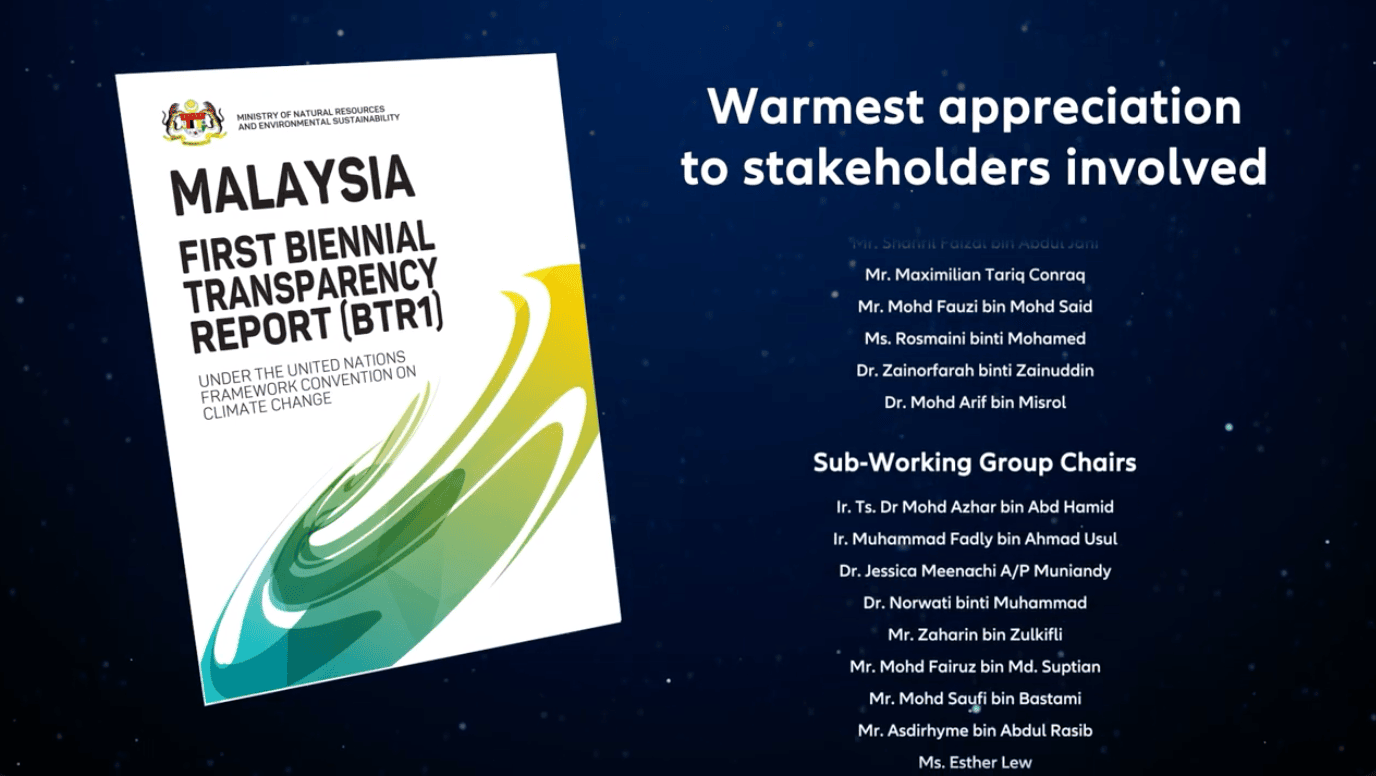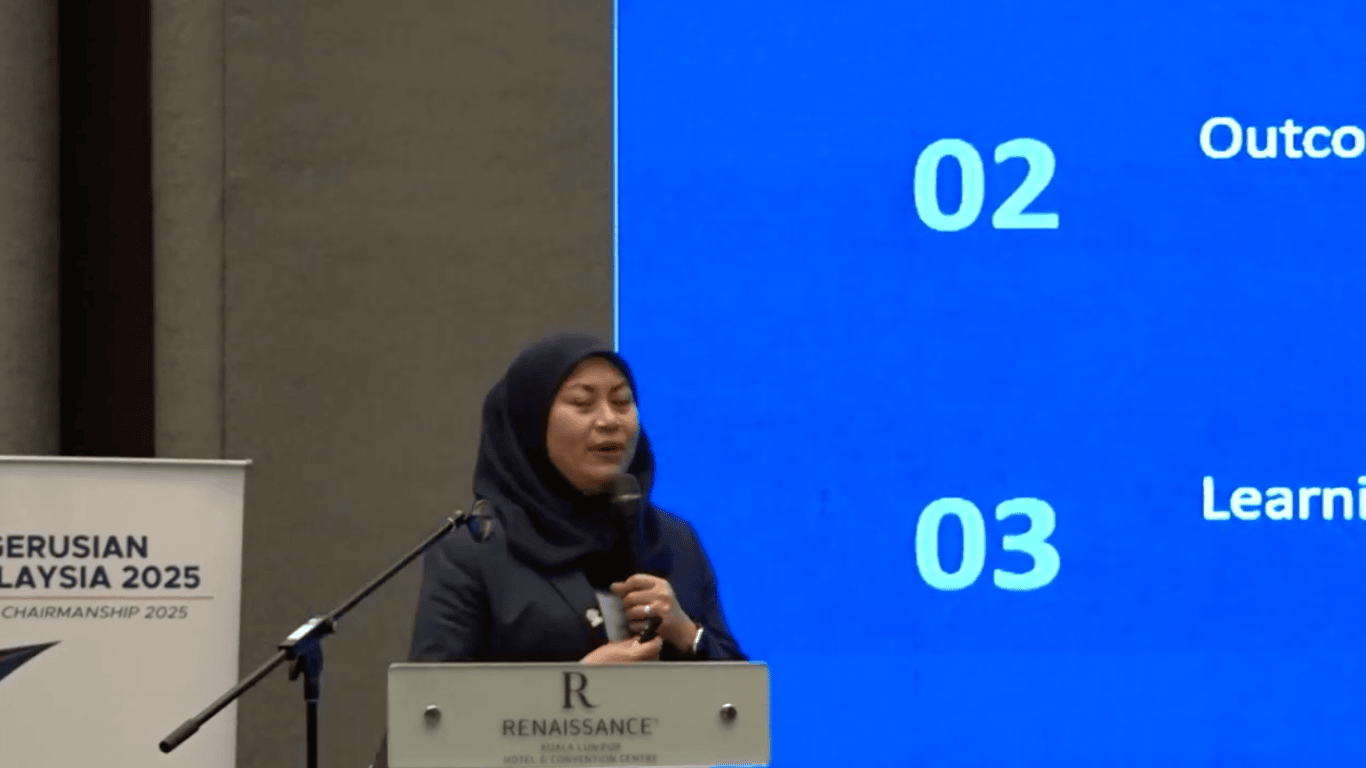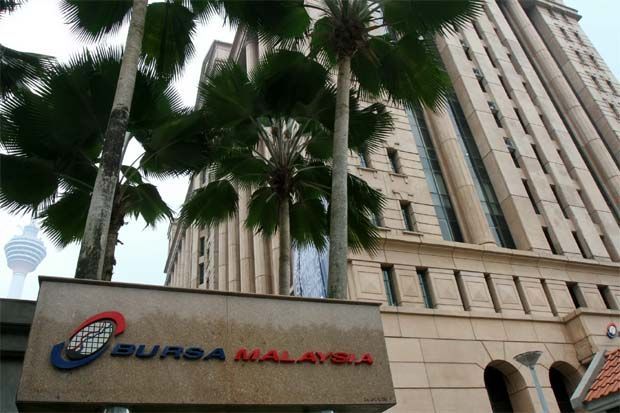
KUALA LUMPUR: Bursa Malaysia has signed a memorandum of collaboration (MoC) with Malaysian Green Technology and Climate Change Corp (MGTC) to build and promote the local voluntary carbon market (VCM) ecosystem, following the launch of the Bursa Carbon Exchange (BCX) in December 2022.
Bursa chief executive officer Datuk Muhamad Umar Swift said the three-year collaboration will focus on three main areas, namely, the development of a national VCM handbook, the creation of a directory of carbon industry service providers and to hold the inaugural Malaysia Carbon Market forum this year.
“Our partnership with MGTC is timely and significant in accelerating capacity building among key players in the VCM ecosystem and collaboratively advancing the nation’s green agenda.
“These joint initiatives with MGTC will help drive awareness, build know-how, connect participants and catalyse trading interest, which are important in building a successful carbon exchange that would elevate Malaysia’s position as a leader in environmental, social and governance-related offerings,” he said during the signing ceremony yesterday.
MGTC chief executive officer Shamsul Bahar Mohd Nor said the VCM handbook, backed by the Natural Resources, Environment and Climate Change Ministry, will facilitate the trading of high-quality carbon credits that comply with international markets.
“This will indirectly empower companies to develop projects to reduce greenhouse gas (GHG) emissions and some to exponentially increase carbon sequestration.
“The Directory of Carbon Industry Service Providers, on the other hand, will become a most valuable reference for companies interested in achieving net-zero.”
On the other hand, the inaugural forum, to be held in conjunction with the International Greentech and Eco Products Exhibition and Conference Malaysia (IGEM) conference, serves to enhance technical expertise and knowledge-sharing among ecosystem players.
“The theme for the IGEM this year is ‘Race Towards Net Zero: Leadership for Climate Action’. Hosted by Bursa Malaysia, this forum will create an avenue for leaders to realise their significant roles in working together to become climate conscious and positively impact the sustainability agenda,” said Shamsul.
Since the launch of the BCX in 2022, the local exchange has received 23 applications from various sectors that include financial institutions, carbon-intensive industries, as well as small and medium enterprises, with the majority coming from domestic companies.
“The partnership with MGTC is expected to help to encourage project developers to invest and generate a pipeline of local projects that can supply high-quality Malaysian carbon credits to the BCX, which will aid corporations in meeting their climate goals,” Muhamad Umar said.
He also pointed out that the MoC presented an opportunity for Malaysia to advance towards being a green economy, given that the country had a 55% forest cover.
“This also represents a unique opportunity for our micro, small and medium enterprises (MSMEs).
“In providing opportunities for public limited companies (PLCs) in the exchange, we recognise that the PLCs’ supply chains need to be green as well. On this note, we hope to work with PLCs to help them achieve a green supply chain, which in turn will bring up the MSMEs and make them a part of the global economy,” Muhamad Umar said.
Moreover, Shamsul said the VCM was key in addressing the climate change agenda, with the country targeting to reduce the intensity of GHG emissions by 45% by 2030 and become a net-zero GHG emissions nation by 2050.
“The growing demand for carbon credits and carbon offsets locally paved the establishment of the national guidance on the VCM mechanism. Through this partnership, MGTC will be able to strengthen our position in the carbon market space as technical experts in the VCM ecosystem, which is currently lacking,” he said.
Shamsul remains confident that Malaysia would arrive at its 2030 targets earlier than expected.
“At present, Malaysia has seen a 33% reduction in GHG emissions. Strategies like reforestation and increasing renewable energy sources in the nation’s energy mix will help to reduce GHG emissions further,” he said.
Sumber: The Star






